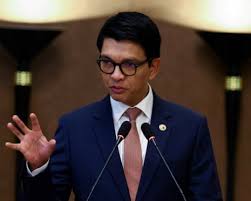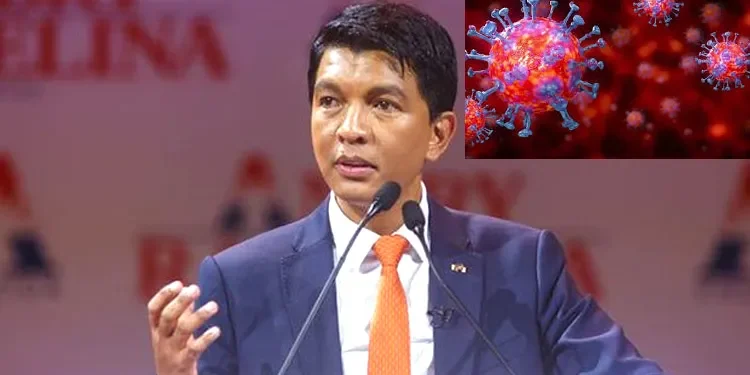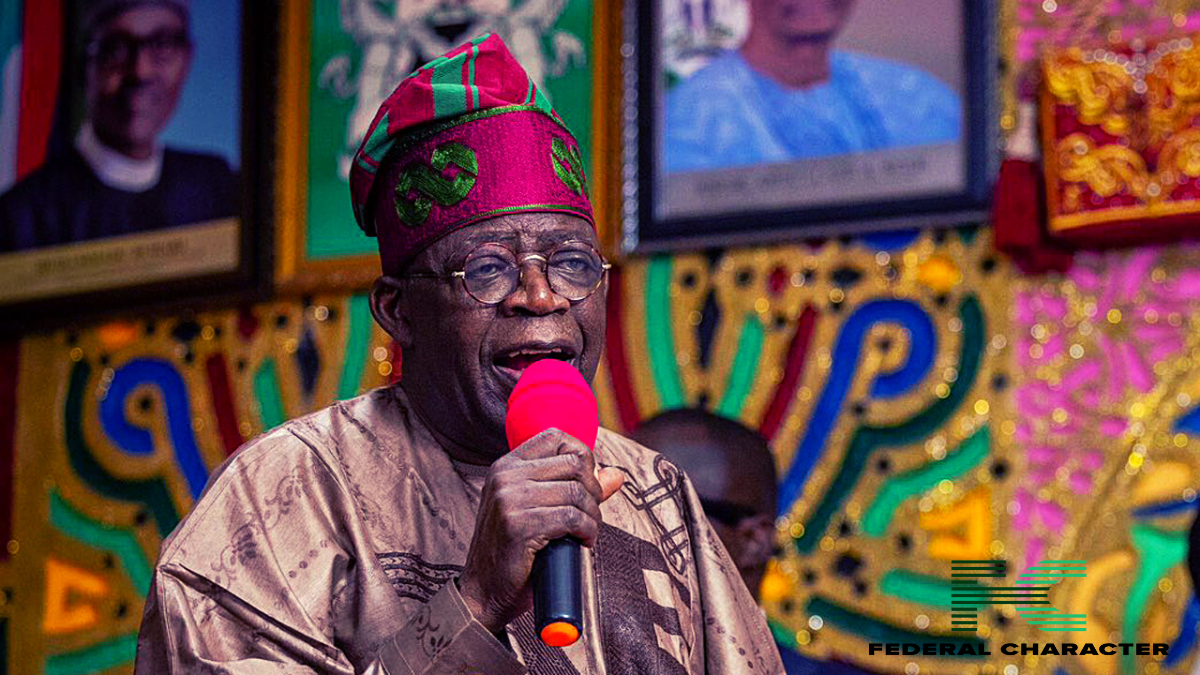Colonel Michael Randrianirina’s swap from military fatigues to the presidential sash is more than a change of clothes—it is the symbol of a nation’s turbulent and uncertain rebirth. Sworn in days after a military-backed takeover ousted President Andry Rajoelina, the new leader stands as the direct product of a youth-led uprising that successfully toppled a government but now finds its revolutionary fervor channeled into a military-managed transition. His promise to “break with the past” and “thoroughly reform” the nation is a powerful message of hope, but it rings out against the stark reality of a constitutional crisis and the grim precedent of military power dictating political change.
This is not a standard democratic transfer of power but the culmination of a strategic maneuver where the military, led by Randrianirina’s elite CAPSAT unit, saw the tide of public opinion turning and chose to ride the wave rather than resist it. By joining the Gen Z protesters on the streets and announcing he was “taking power,” the Colonel did not just support the people; he effectively co-opted their revolution.
The protesters’ hope for a clean, democratic transition was dashed the moment Rajoelina fled, creating a power vacuum that the military was all too ready to fill. The Constitutional Court president’s bizarre claim that the constitution itself (not the military’s intervention) caused the crisis is a telling attempt to legitimize what the international community rightly views as a coup.

Is This A “New Chapter” or a Familiar Script?
The new president’s rhetoric is pitch-perfect. He has thanked the youth for their “desire for change” and promised to draft a “fine constitution” and institute electoral reforms ahead of a vote within two years. But this is the same script played out in countless other nations where the military steps in, promising a brief, corrective interlude before returning power to the people.
The significant challenge ahead is whether a leader from the heart of the old regime’s security apparatus can truly be the one to dismantle it. Can the man who was head of an elite army unit “thoroughly reform” the very systems of governance that kept his predecessor in power? The “cautious optimism” on the streets must be tempered with relentless scrutiny.

















